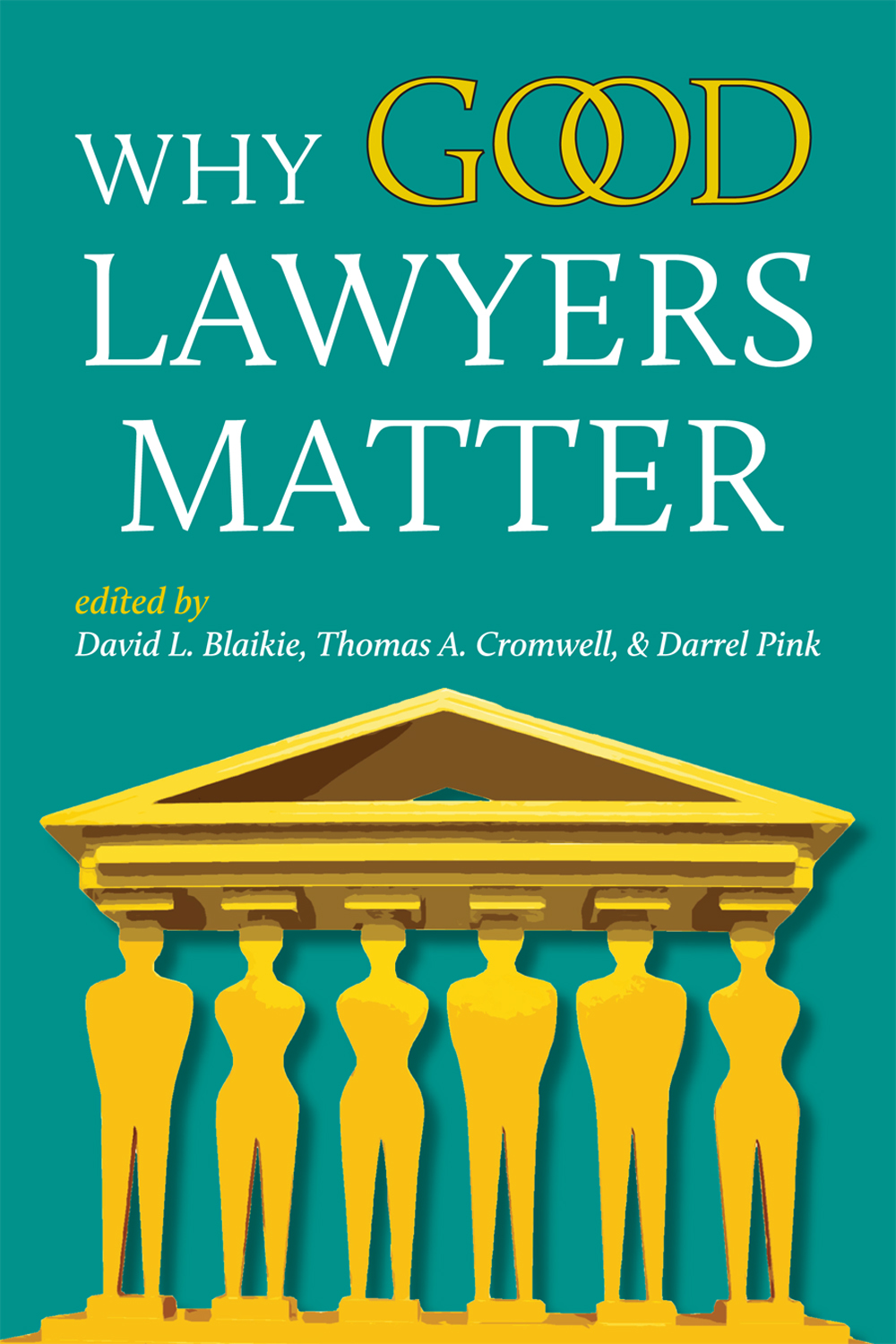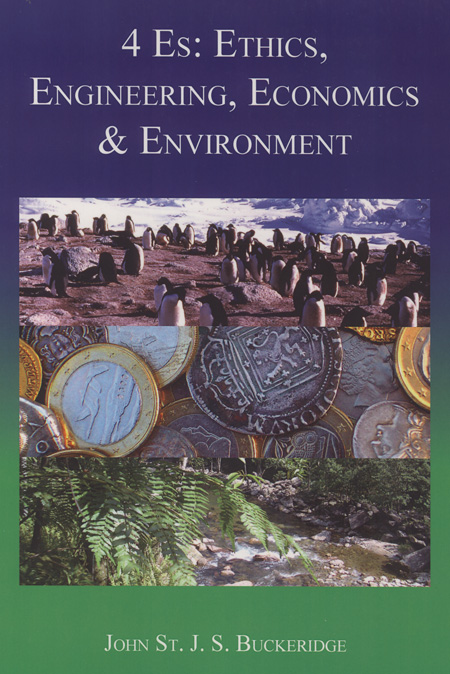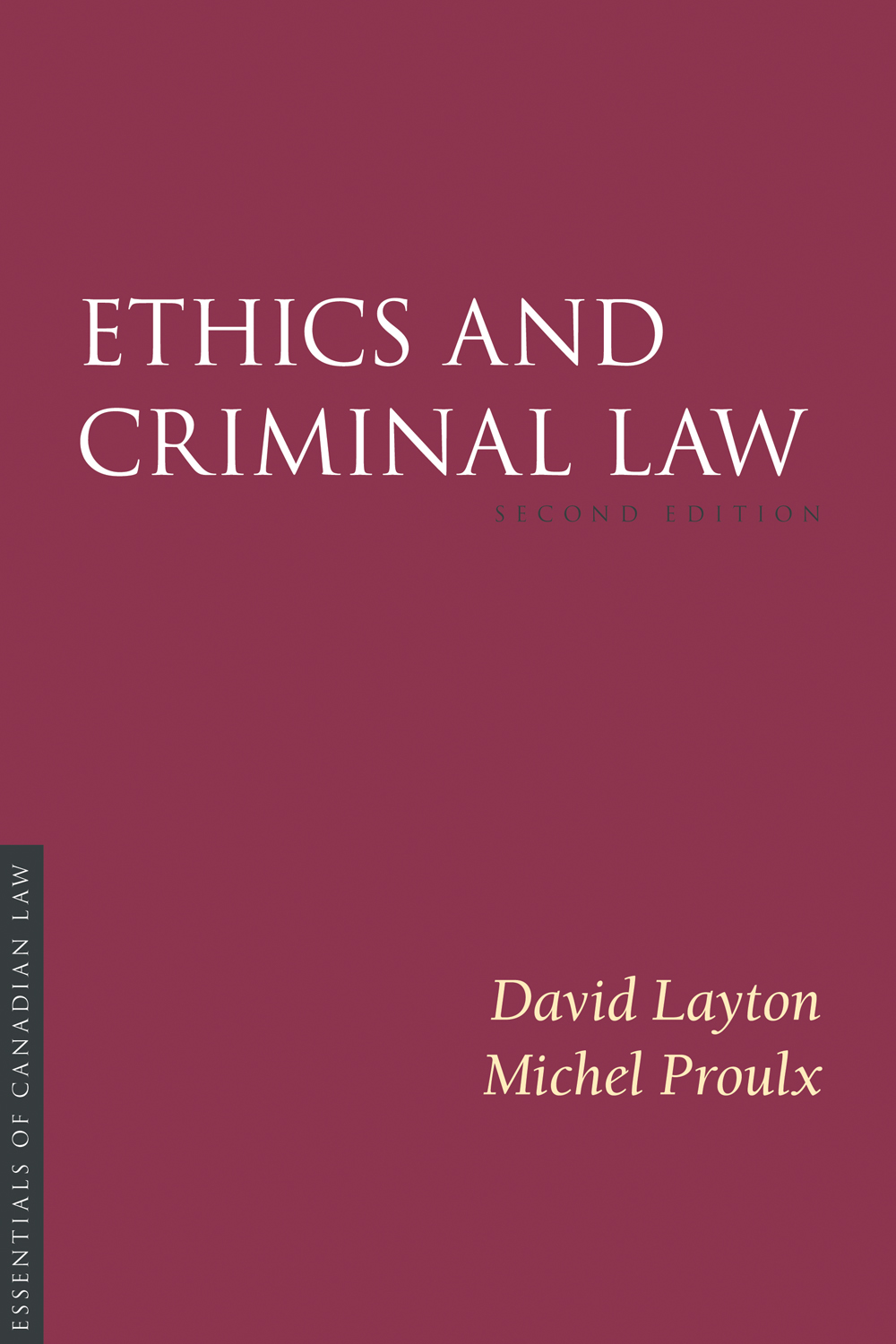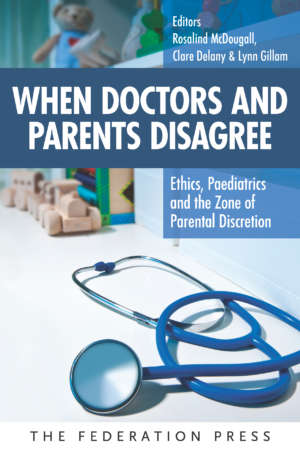Product Description
We encounter ethical challenges on a day to day basis in matters that involve what we call ethical values. Some of these challenges affect us as individuals but seem beyond our power to influence, such as a political decision about whether our nation should go to war. Other momentous ethical questions confront us in particular situations, such as when a road accident leaves a loved one brain damaged and medical practitioners seek our permission to turn off life support. Understanding Ethics introduces the frameworks of moral philosophy to analyse contemporary moral issues and perennial human dilemmas.
While the early chapters of ethical theory remain substantially the same, the rest of the book is expanded with updated references, new case studies and an improved index. The new edition examines particular issues which reflect many of the social, scientific and cultural changes of the last decade, especially in an Australian context.
Understanding Ethics is constructed in three sections.
Part A introduces the nature, language and frameworks of ethics concluding with a chapter on ethical decision-making.
Part B explores topical applied ethics issues of interpersonal and social significance ranging through bioethics, sexual ethics, environmental ethics, business ethics, political ethics and questions of war and social justice.
Part C considers how we learn ethics and cultivate a moral life by exploring ethics education in schools and the workplace and finally contains an examination of how we sustain our ethical commitments across a lifetime while experiencing constant change.
Topics covered:
The Planet and the Environment Global warming and energy policy Population and poverty Global citizenship and the Earth Charter Animal rights
Bioethics Stem cell research and cloning Euthanasia Biotechnology and developing countries
Professional Life and Workplaces The media and journalism Teachers, schools and values education Business ethics
Politics and Policy-making Social justice in Australian society Public sector ethics Conflicts of interest and codes of conduct
Life, Love and Sexuality Honesty and truthtelling Same sex marriage Spirituality
War, Terrorism and Violence Capital punishment War including ‘just war’ theory Terrorism and torture







